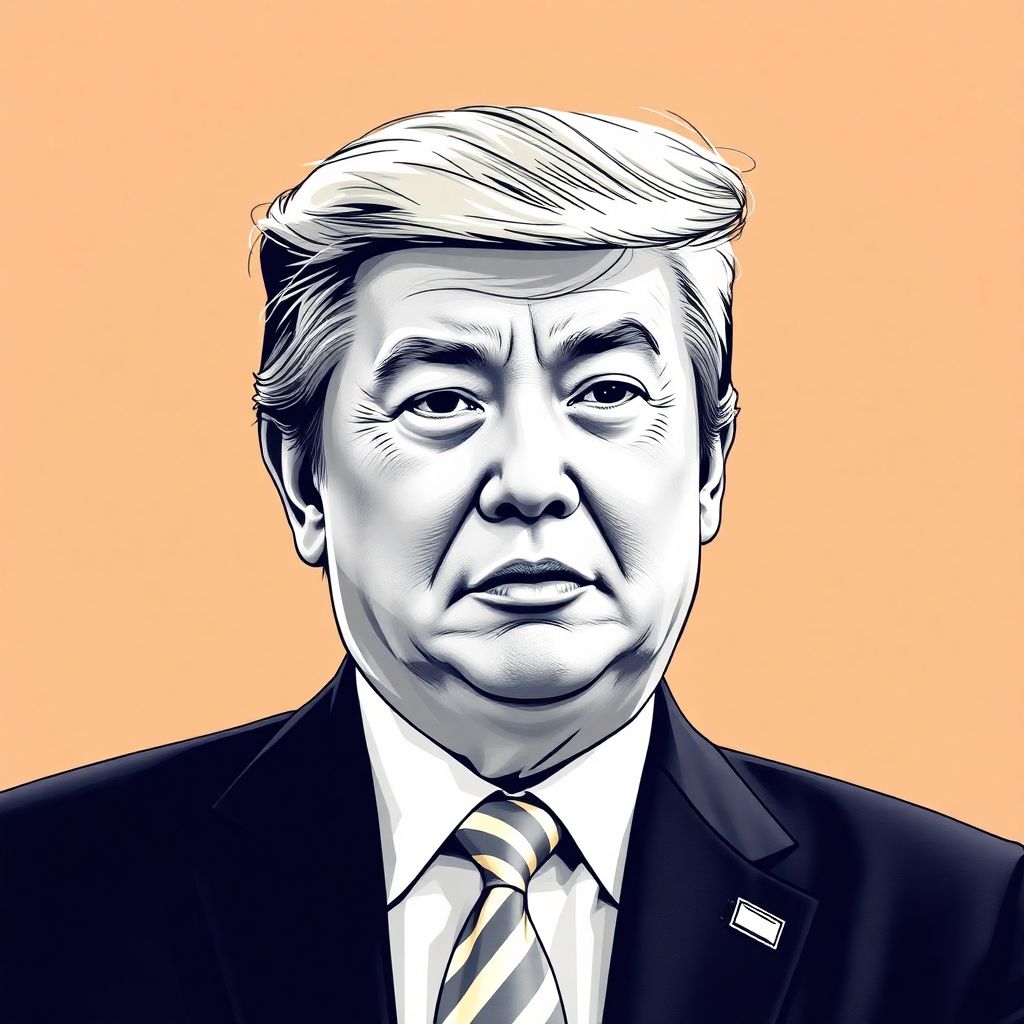Trump’s Pardon of Binance Founder CZ Triggers Political Uproar
Former U.S. President Donald Trump’s decision to grant a presidential pardon to Binance founder Changpeng “CZ” Zhao on October 23, 2025, has ignited intense backlash from lawmakers and watchdogs across the political spectrum. The controversial move wipes clean Zhao’s 2023 federal conviction tied to violations of the Bank Secrecy Act, but it has also raised significant questions about political favoritism and the influence of wealth in policy decisions.
Changpeng Zhao, one of the most prominent figures in the global cryptocurrency industry, had previously pleaded guilty to failing to implement adequate anti-money-laundering (AML) protocols at Binance, the world’s largest crypto exchange by volume. As part of a plea agreement, he paid a $50 million personal fine and served roughly four months in federal custody. Binance, in turn, settled with U.S. authorities for over $4 billion in penalties.
Critics of the pardon argue that it sends a dangerous message about accountability and justice. Representative Maxine Waters, the ranking Democrat on the House Financial Services Committee, sharply condemned the pardon, calling it “appalling but not unexpected.” According to a statement from her office, CZ had allegedly spent months courting Trump and his inner circle, funneling capital into a crypto venture called World Liberty Financial, which is said to have ties to Trump’s business network.
Waters and other Democratic lawmakers are now calling for formal investigations, demanding access to records that could reveal whether financial contributions or private meetings influenced the decision to pardon Zhao. The matter could soon become the subject of congressional hearings, with lawmakers seeking transparency about any quid pro quo arrangements that may have been involved.
The pardon sparked immediate movement in the crypto markets. Binance’s native token, BNB, saw a sharp uptick in intraday trading, gaining between 3% and 8% at its peak. Trading volumes also surged by around 35% on several platforms, signaling investor optimism that Zhao’s legal troubles may no longer cast a shadow over Binance’s future operations. Analysts suggest that the pardon could reduce short-term regulatory uncertainty for Binance and rekindle investor confidence in related assets.
Despite the legal absolution, Zhao’s acceptance of the pardon does not erase the underlying facts of the case. His conviction remains a matter of public record, and Binance’s massive settlement with U.S. authorities still stands. Nonetheless, Zhao expressed gratitude on social media, praising Trump for his commitment to “fairness, innovation, and justice.” He pledged to support initiatives aimed at making the United States a global hub for blockchain innovation and Web3 development.
The political response has been deeply polarized. Senator Elizabeth Warren and several other Democratic leaders criticized the pardon as a blatant example of influence peddling. They warned that such moves erode public trust in the justice system, especially when wealthy individuals appear to receive preferential treatment. On the other hand, certain Republican lawmakers portrayed the pardon as a strategic gesture to re-engage with the crypto industry and position the U.S. as a leader in the digital economy.
Behind closed doors, congressional aides are reportedly reviewing whether Zhao’s interactions with Trump or any donations made by entities connected to Binance could have violated lobbying or ethics rules. While Representative Waters has pointed to “billions” funneled into Trump-affiliated ventures, public financial disclosures thus far contain only partial information. Calls for more comprehensive transparency from both the Trump camp and Binance are growing louder.
This isn’t the first time the intersection of crypto and politics has drawn scrutiny. With the 2026 election cycle approaching, the role of digital assets in political fundraising and influence is expected to become a central issue. Experts warn that without clearer regulations, the crypto sector may become a new avenue for opaque financial influence in U.S. politics.
Furthermore, legal scholars have raised concerns about the long-term implications of the pardon. While presidential pardons are constitutionally permitted, their use in cases involving financial crimes and corporate misconduct could set troubling precedents. Some argue it may embolden other executives facing regulatory scrutiny to seek political protection rather than comply with laws.
From a global perspective, the incident may also alter how international regulators view the U.S. approach to crypto governance. Several European and Asian watchdogs have voiced concerns that such political interventions could undermine efforts to establish uniform AML standards across jurisdictions.
Meanwhile, within the crypto community, reactions remain mixed. Some applaud the pardon as a victory for innovation and entrepreneurship, while others worry it tarnishes the credibility of the industry. The debate underscores a lingering divide between proponents of decentralized finance and those advocating for stricter oversight.
Looking ahead, the Biden administration—if still in office—or the incoming leadership post-election may be pressured to respond legislatively. Potential reforms could include tighter lobbying disclosure requirements for tech executives, enhanced whistleblower protections, and more robust enforcement mechanisms for AML compliance.
For now, Changpeng Zhao remains a free man, but the political, legal, and ethical questions surrounding his pardon continue to reverberate through Washington. As both the crypto sector and American politics enter increasingly intertwined territory, the CZ pardon may become a defining case study in the future of digital finance regulation in the United States.

